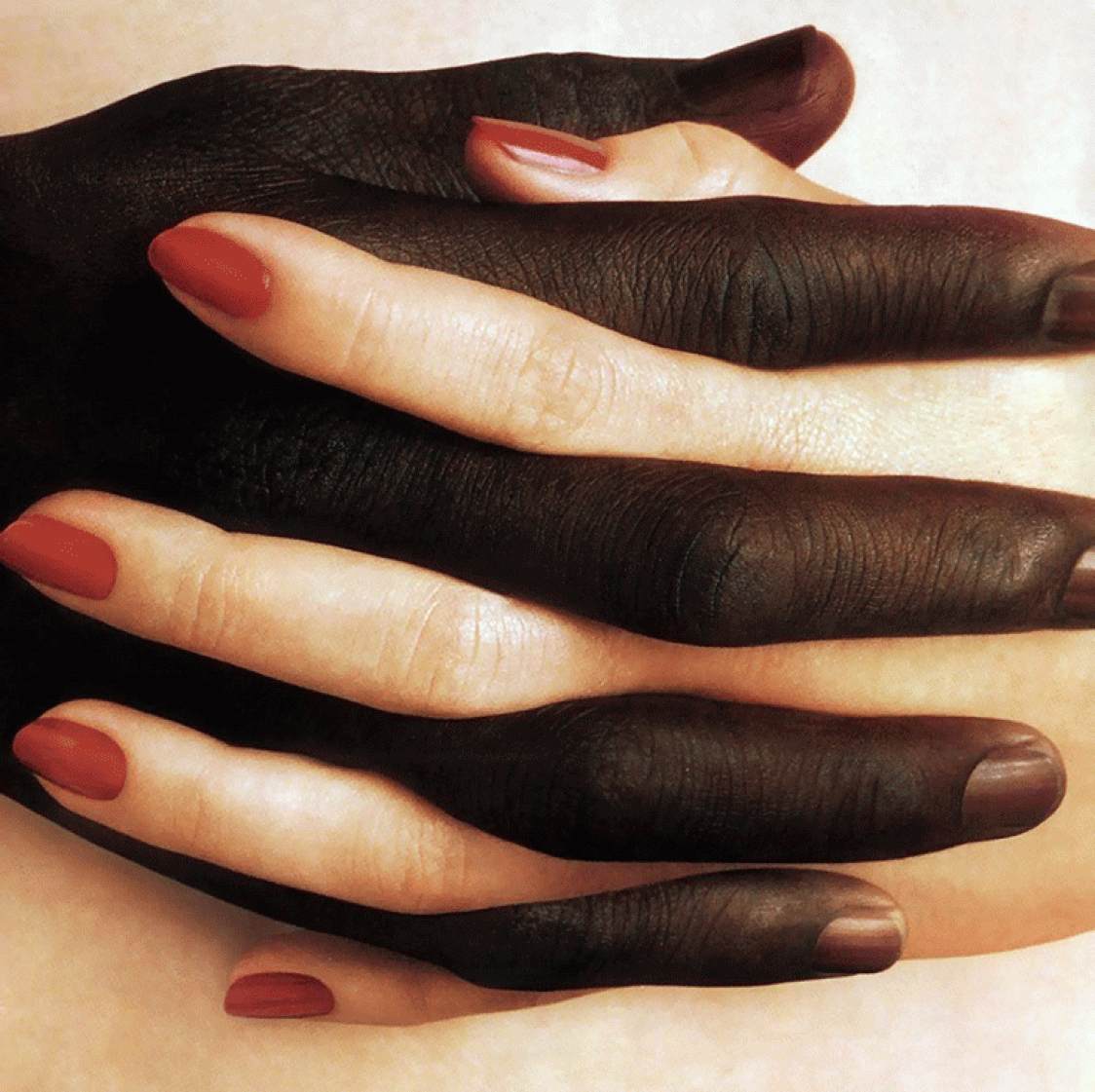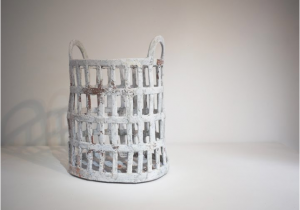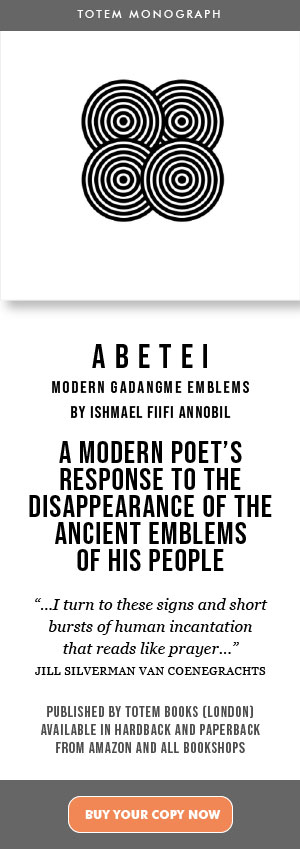JUNGLE FEVER REVISITED
Reviewed by Ishmael Annobil
My thing for Jungle Fever is a retrospective thing. A Channel4 re-run of this quintessential tableau of American race politics was my one major chance for a critical dance. I was blown. And that was as late as 2000! But who cares?
Not to confuse the frisson with some fulsome, post-coital applause, however, I firmed up on indifference. It worked. I was free to read Lee’s polemical stances. I saw for the first time the underlining scholarship, which by ditching the classic black victim leitmotif, released the ogre from that side (the African-American side) to do some haunting, too. It’s a two way street, after all.
Unlike the Dionysian early-beginnings texture of Do The Right Thing (which could have been easily titled Jungle Fever I), this masterpiece pummelled race hate into a behind-the-scenes tight rope that ruled the line between African and Italian ‘diasporans’, teasing out, however, each side’s private libidinal yearning for the other – a filmic first. In such unjazzy scenario of forcible counterpoint, plus ignorance and false pride, even the educated fail to shun narrow preconception.
Lee plays Cyrus, the poisonous racist-cum-liberal ‘brother’ and advancer of black welfare. His turf is middle-class Harlem, which makes out to be in the hustle zone, for cred. His neighbour and old friend, Flipper Purify, played by Wesley Snipes, is an architectural whiz, whose talent turns round the fortunes of a two-man practice. Tellingly, he is marked early on in the film for his loud early morning lovemaking with his Caucasian-African wife, to which their young daughter is carelessly exposed, in the name of intellectual liberalism.
Crucially, the architectural firm responds to Flipper’s request for an African-America secretary by hiring an ill-educated Italian-American temp, Angie Tuttie, played by Annabella Sciorra. Trouble. Thus Lee establishes early conflict, and addresses ‘affirmative action’ in the same breath. The temp’s poor education is used by Flipper’s bosses to deal affirmative action the kind of wicked irony that Caucasian America may choose to undo it with. For, presumably, they too can decide to give their yobs a chance. But the obvious fuse this lights quickly loses its dread, because a sexual dynamic, influenced by late night work, soon develops between minor boss and nonentity. Fellow sufferers. This slowly becomes a dangerous liaison.
Meanwhile, the temp’s kindly, if odd, Italian boyfriend, Paulie (John Turturro), is diddled out of his goal to make an honest woman of her, despite the attentions of an African American woman of obvious beauty and intellect, whose well-meaning attentions are either envied or despised by his friends; one of them being a wannabe Nazi dog.
Anyway, Flipper grows in confidence, buoyed by his new relationship with ‘Caucasia’. He naturally demands the deserved partner status the firm had promised him, armed with a letter of resignation, just in case. It comes in handy. He resigns showily, tailed by a good fellow-bad fellow routine by his employers. Thus, he also frees himself from facing the imminent charge of hypocrisy, for falling for the Caucasian secretary.
Then Cyrus betrays Flipper’s confidence to his (Cyrus’s) wife, with obvious sorority results. Flipper is thrown out of his home. His new girl is similarly betrayed, and she suffers near death censure from her father. ‘Nigger’, the favourite word of the powerless Caucasian working class, becomes the antithesis to love of kin.
So the two ‘forbidden fruits’ make home upmarket, where their aggressive lover’s play in the street nearly gets Snipes pumped up with police bullets. Fact is, that love-play was a loaded banter about racial superiority. Well couched. Such is Lee’s genius. Do you call that irony or what?
For their part, the successful African American sorority forms a little gathering to destroy Caucasian women, and their less fortunate Italian counterparts (the Temp’s friends) do the same, each side registering only one dissenting voice amongst them. From here on, Lee’s dialectical flair takes off. Snipes’ domestic problem becomes a full-blown psychoanalysis, a confessional. He cracks under peer pressure, pique and cowardice and renounces the Caucasian race to the face of his girlfriend, ruling out, in the process, any idea of her becoming pregnant. The reason: he does not want to have to deal with a mulatto, et cetera. So he attempts a sleek reunion with his wife, in the manner only he, college educated man, is capable of - he takes a bouquet to her workplace. It backfires. It turns out she is cruder in expletives than he knows. Also, she harbours a psychotic complex about her Caucasian father, which qualifies her to call her husband’s indiscretion an act of curiosity. He agrees like a fool, though he pretends to fight it, and then goes on to break his lover’s heart.
Snipes’s character is also haunted throughout by his puritanical, racist father, Reverend Dr. Purify(Ozzy Davis), and by a crack addict older brother, Gator (Samuel L. Jackson), whom the holier-than-thou father has disowned. Between drugged brother and fascist father stands a demure, agonising mother, Lucinda Purify (Ruby Dee), who is sure in her love for both parties, and has had to master, movingly, the dicey art of accommodating both souls. The prodigal son comes in through the back door for money, when the Reverend is out walking the dog.
Strangely, Flipper’s spoilt brat optimism makes him take his lover to meet his parents. Here he receives his first true lesson in deep-seated racial hatred from his own father, who tells his would-be daughter-in-law a saucy tale of white woman’s craving for blackman, and why whiteman has the maniacal need to rape blackwoman. This is Deep South cotton plantation folklore. It hurts to listen to it. And it shocks because of the mouth that tells it. But Rev. Purify beams with every lascivious turn in his tale. Very Freudian. His pseudo-porn delivered, he refuses to dine with the “sinners”. His road to damnation becomes clear. His is an apocryphal mission, after all. Ironically, his acid diktat is overseen by a huge Caucasian Jesus. In the end he would shoot his own elder son brutally, to save the sanctity of his edifice to God: his home. Maybe he needed to kill his alter ego.
For a lazy, fuzy, crude race reason, Mr. Architect finally cuts his lover lose and partially wins his wife back, but she weeps bitterly throughout their, now platonic, love-making. Is she crying for being inflicted with the insides of a white woman? You get the feeling she will punish him someday.
For her part, the sadly dismissed lover, having failed to win her ex-lover back, runs outs of options and so returns home, and her father lets her in. Meanwhile, her disgraced Italian boyfriend strikes it lucky with his African American admirer. But his widowed father, widowed emotional hypochondriac, played by Anthony Quinn, refuses Blackness near his genes. Nevertheless, long suffering Paulie turns triumphantly, doing what the so-called otherside has failed to do so far. He walks out of the suffocating house, and marches out for his first date with his admirer. Outside he falls prey to a gang of taunters (his friends). He looses his cool and bloodies their Nazi leader’s face deliriously, before being overwhelmed by the gang’s punches. But, he rises and makes it to his lover, cuts and bruises notwithstanding. She warmly shuts the door behind him, and in our faces. We are never let in.
The narrative power of Jungle Fever is rare and shrewd. It patently overlaps the gait of the street with the pretence of suburbia. Essential American dichotomy. And whenever grit surfaces, it commands absolute attention, what with the mythic twists it bares for historical note. Crack inspired prostitution ranges at the crossing between good homes and school, like an ambush, adding to an apocalyptic vista of America’s inner city. The victims become a menagerie of predators in a time-forgotten warp, with its own sawn-off lingo that leers obsessively at the face of sanity, undermining the relative comforts of the well-heeled, seducing the vulnerable with its wicked sexiness. The height of which occurs in a ‘neolithic’ den called, in hushed tones, the Taj Mahal (pronounced taj-mahole). In this smoky crypt of grandiosely soiled vestibules, humans lie or walk up and down to take their crack stupors. There is a howling of the human soul here.
Against this fugal procession, Samuel L. Jackson delivers a thespian masterpiece, fighting futilely against the lure and hunger of his crack sharing babe, so as to face-off with his younger brother (Snipes), who has ventured the hell, against his better senses, to retrieve reverend father’s television from him. This performance Jackson later surpasses in the few moments before his sorrowful death at his father’s hands, when he forces his mother to waltz with him, while demanding money perniciously from her. Love versus survival. And he dies as if in our collective arms.
Yet Lee’s does one better. He goes on and ends the flick with an even more shocking image that destroys the American dream, totally. Symbolically, this parting flourish occurs at the same crossing between school and home. The ambush. The cycle is thus complete, according to the inner city logic.
This unique tapestry outshines all others of the idiom, overcoming the contrived use of Steve Wonder track (should have been Jazz). The cinematography hits the virtuoso mark. This is balanced filmmaking. Apotheosis, almost. When will Lee get his deserved Oscar? As the real brothers say, “What time is love?”
Genre: Drama, Romance
Directed by: Spike Lee
Written by: Spike Lee
Runtime: 2 hr. 11 min.
MCA Universal Home Video





